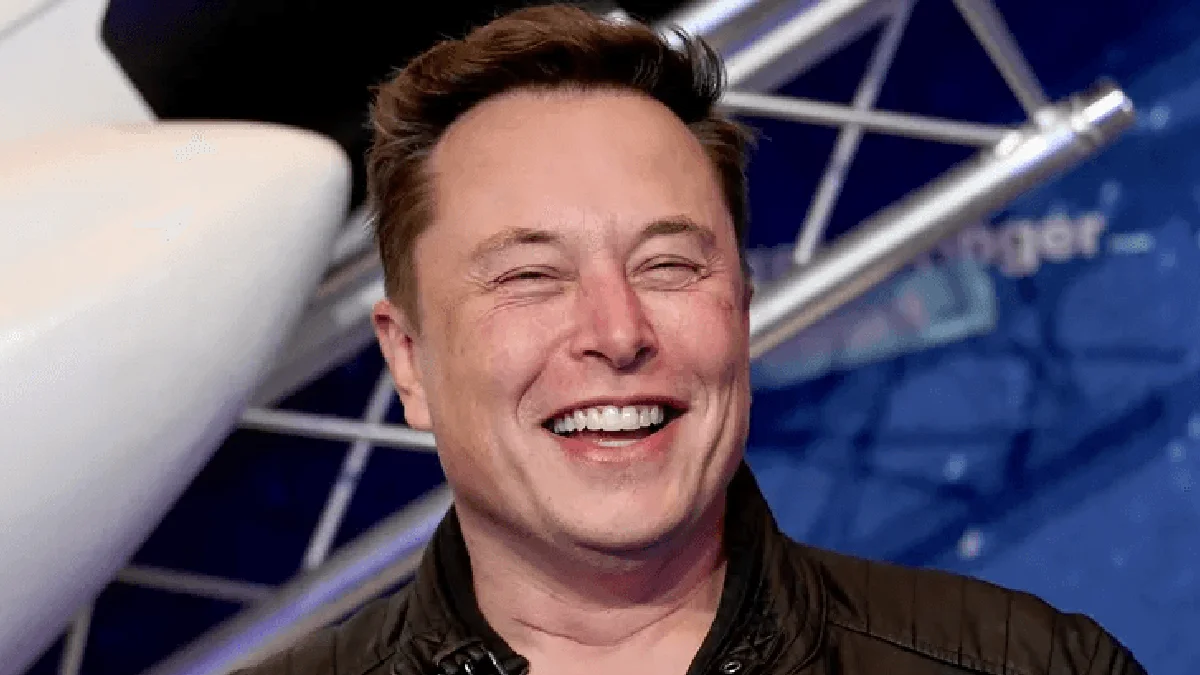Necessary Always Active
Necessary cookies are required to enable the basic features of this site, such as providing secure log-in or adjusting your consent preferences. These cookies do not store any personally identifiable data.
|
||||||
|
||||||
|
||||||
|

In an interview, Elon Musk has shared some of his thoughts on self-driving cars, oversight of artificial intelligence. The reasons behind his quest to be buried on Mars.
Following Musk’s announcement in October of Tesla’s release of a beta version of its full self-driving” software, he clarified that he is “definitely not trying to take anyone’s steering wheel away from them.”
He said, “I’m just saying what will most likely occur, and I am certain about this, is that self-driving will become much safer than a human driver. Probably by a factor of 10.” Further adding that the bar for a person will be if he/she can drive or not will be much more stringent when autonomous driving is 10 times safer.
According to Graham Rapier’s reports, the National Highway Traffic Safety Administration said that to date no vehicle which is available for purchase is capable of driving itself.
The agency also said “The most advanced vehicle technologies available for purchase today provide driver assistance and require a fully attentive human driver at all times performing the driving task and monitoring the surrounding environment. Abusing these technologies is, at a minimum, distracted driving. Every State in the Nation holds the driver responsible for the safe operation of the vehicle.”
Musk explains that while AI was a key priority among other projects, he feels that the curial thing is to have government oversight.”
When asked if, machines will serve mankind or vice versa in the future, Musk responded: “Well, sometimes when I look at everyone on their phone all the time, I wonder, who is the master of who? Yes, people are constantly responding to things on their phones. They feel like they own the phone, but perhaps they should ask themselves whether the phone owns them.”
“And I think it’s perhaps less a question of whether AI is serving humanity or vice versa. Rather, there is a symbiosis. And hopefully, that symbiosis is one that mutually benefits digital and biological intelligence.”
Throughout the year 2020, Musk has made his plans to achieve space exploration clear. In January, he has also shared details on Twitter about his plans to send 1 million people to Mars by 2050.
Musk says “It’s not that Mars is a plan B, it’s that we want to become a multi-planet species and a spacefaring civilization.” He also expected to see the first human on Mars in six years and he would probably go into space in the next two to three years.”